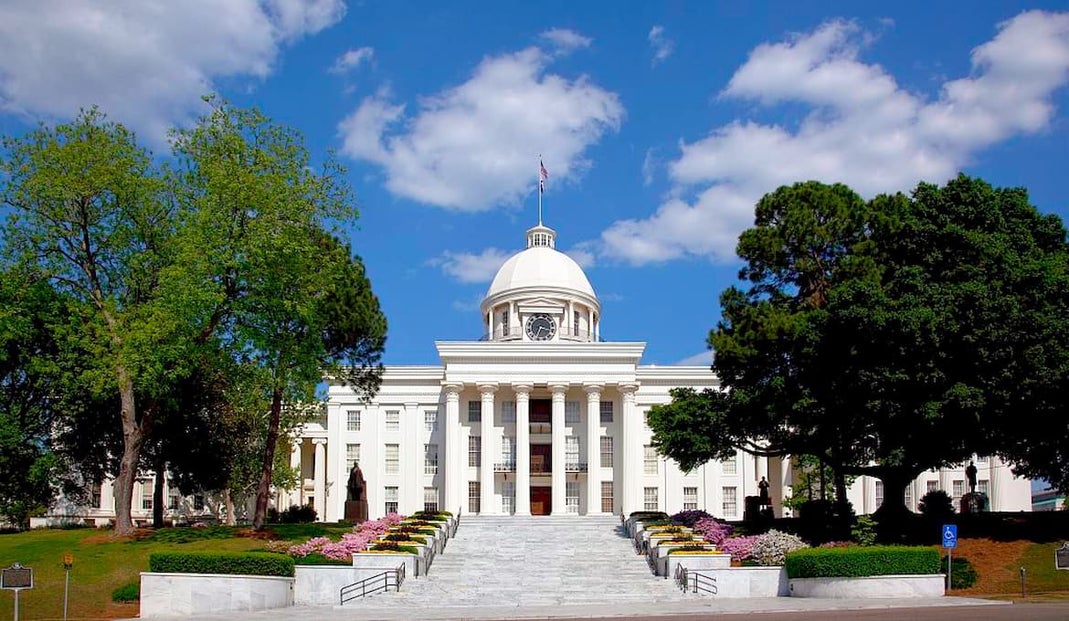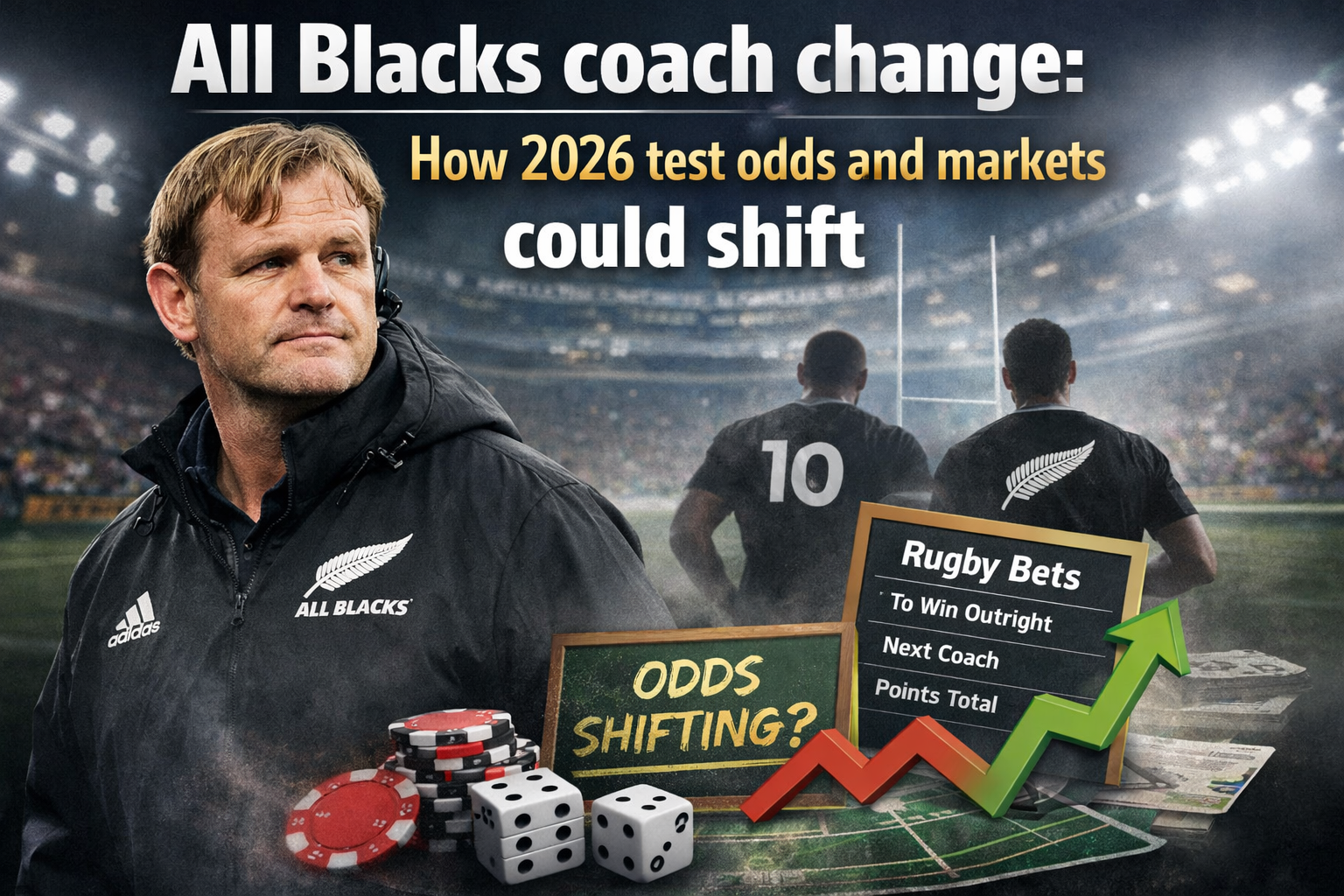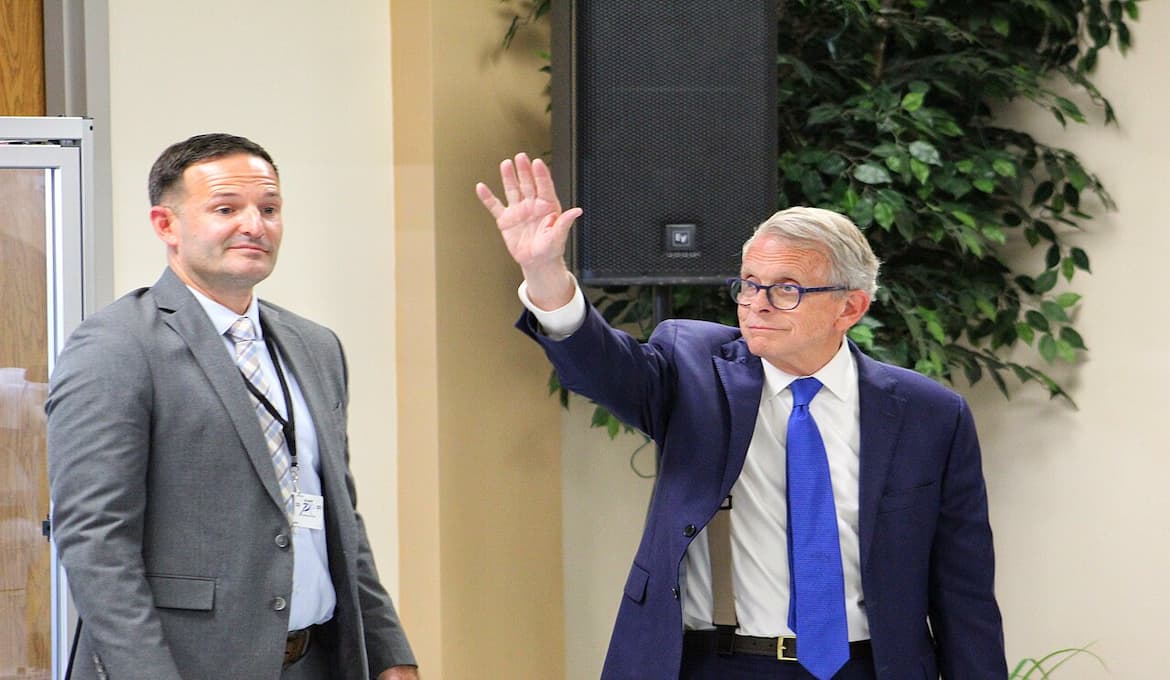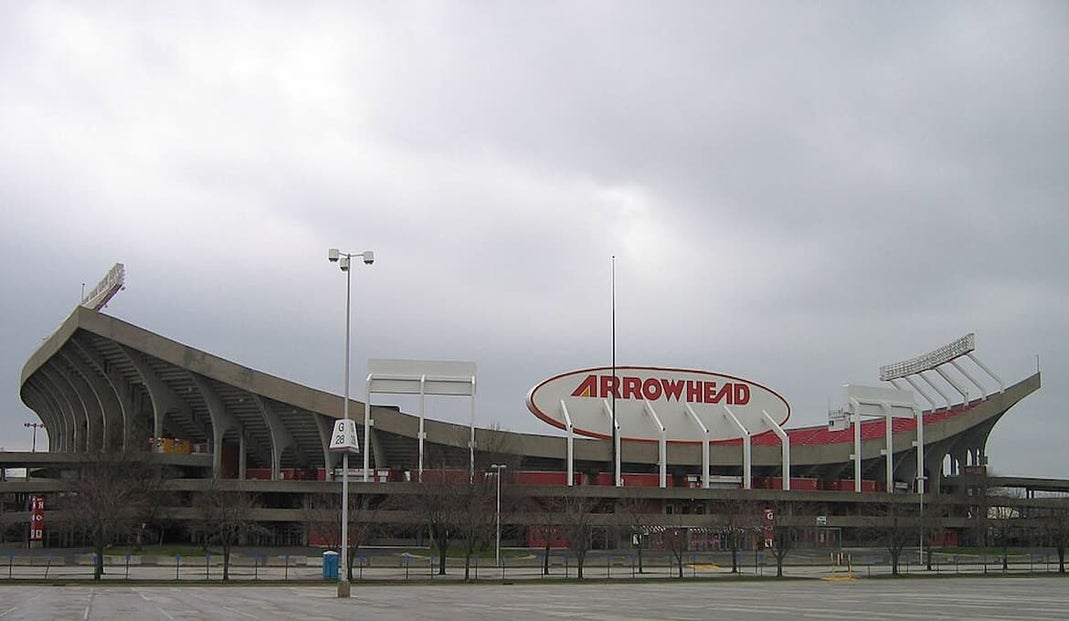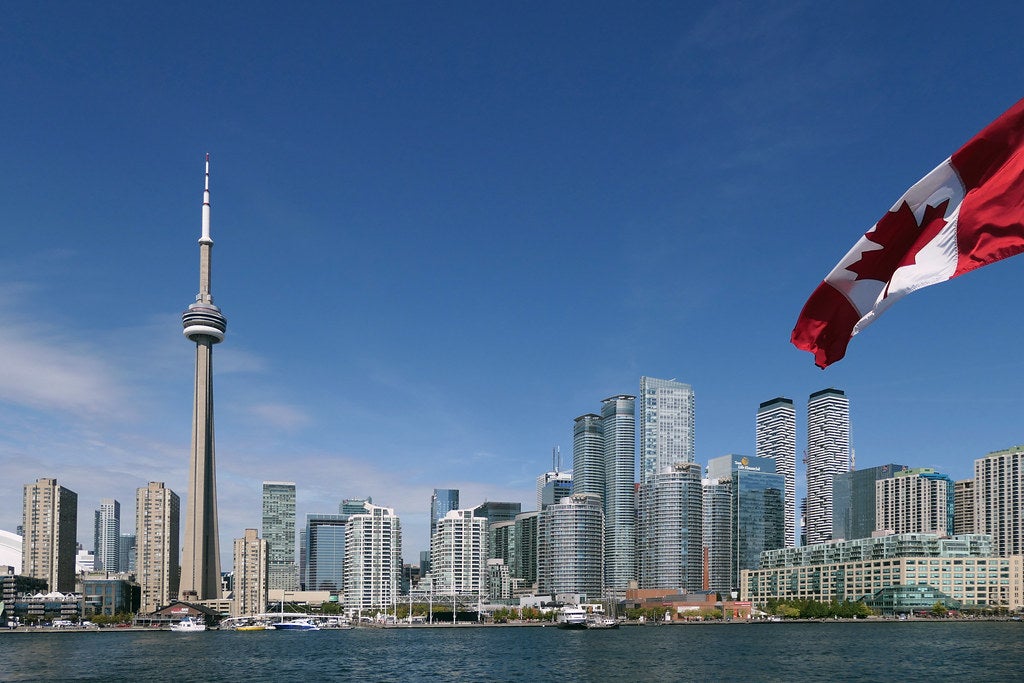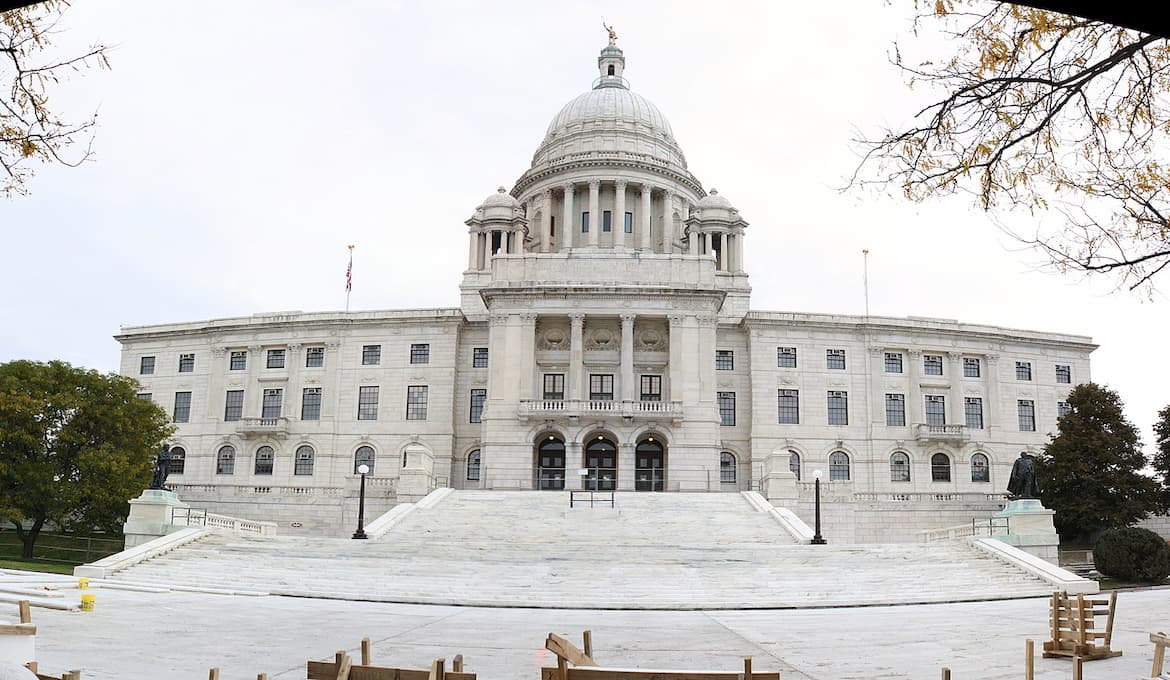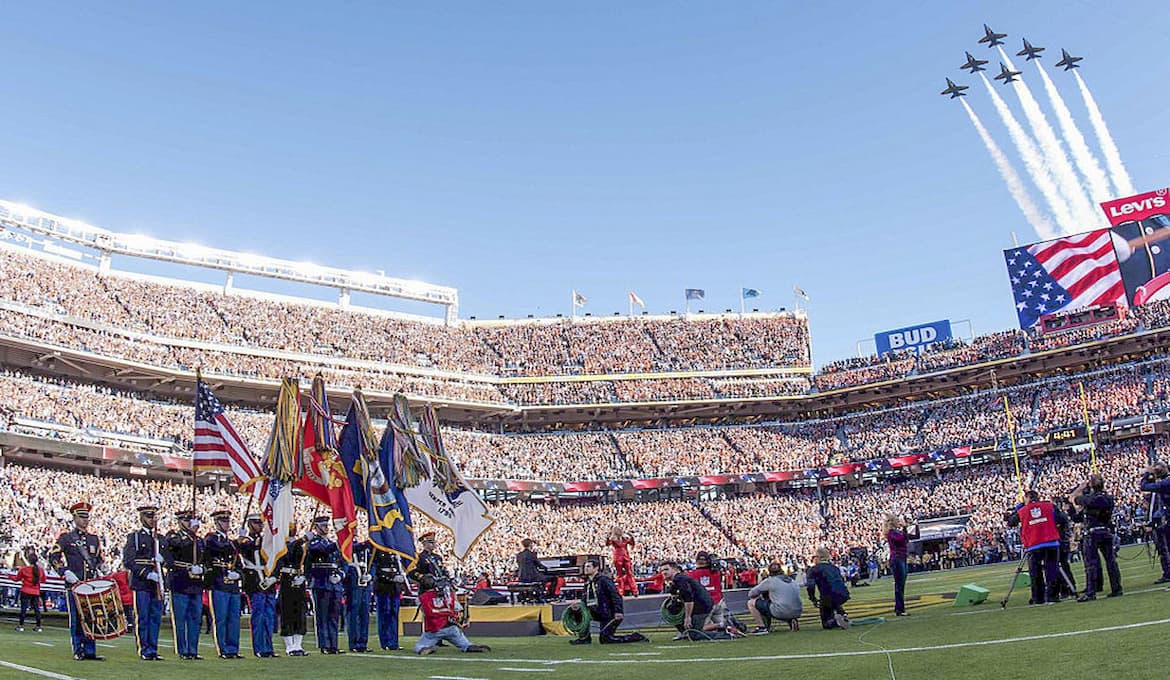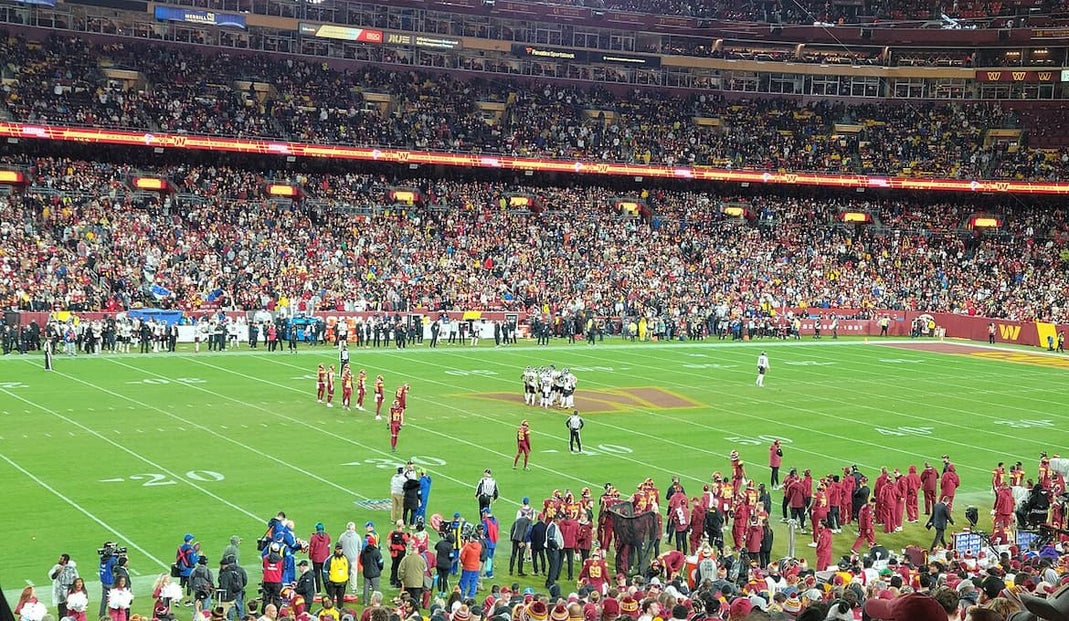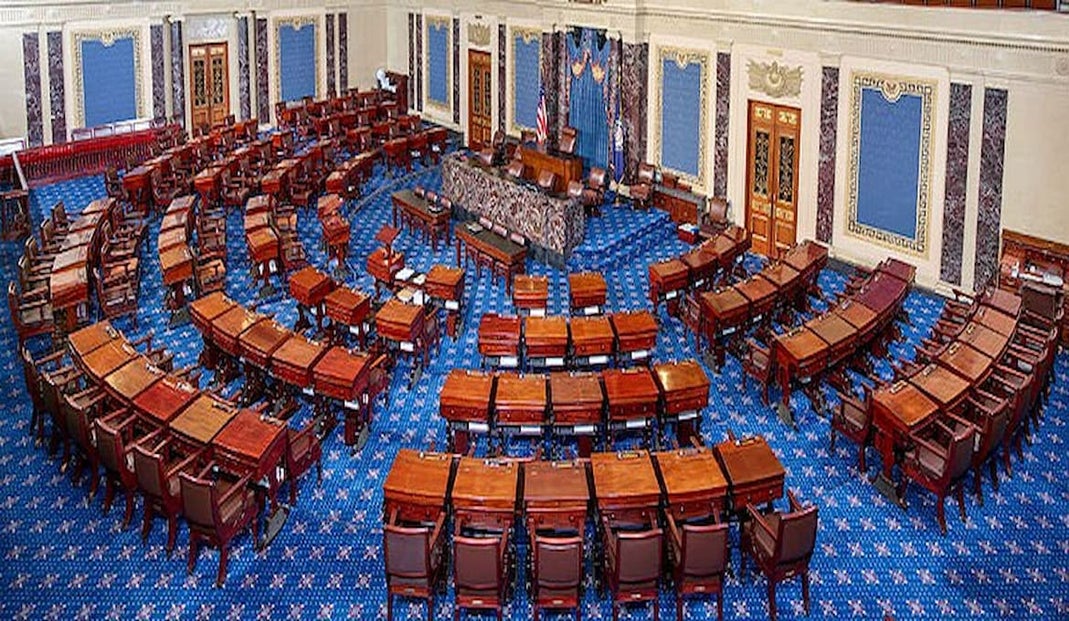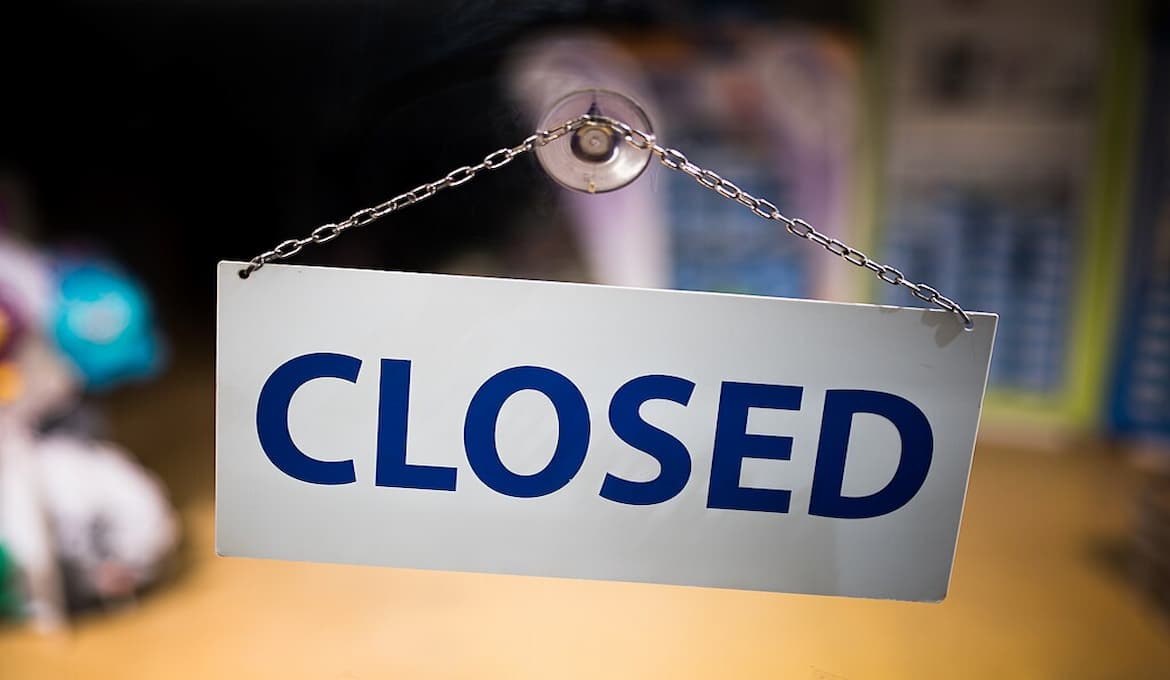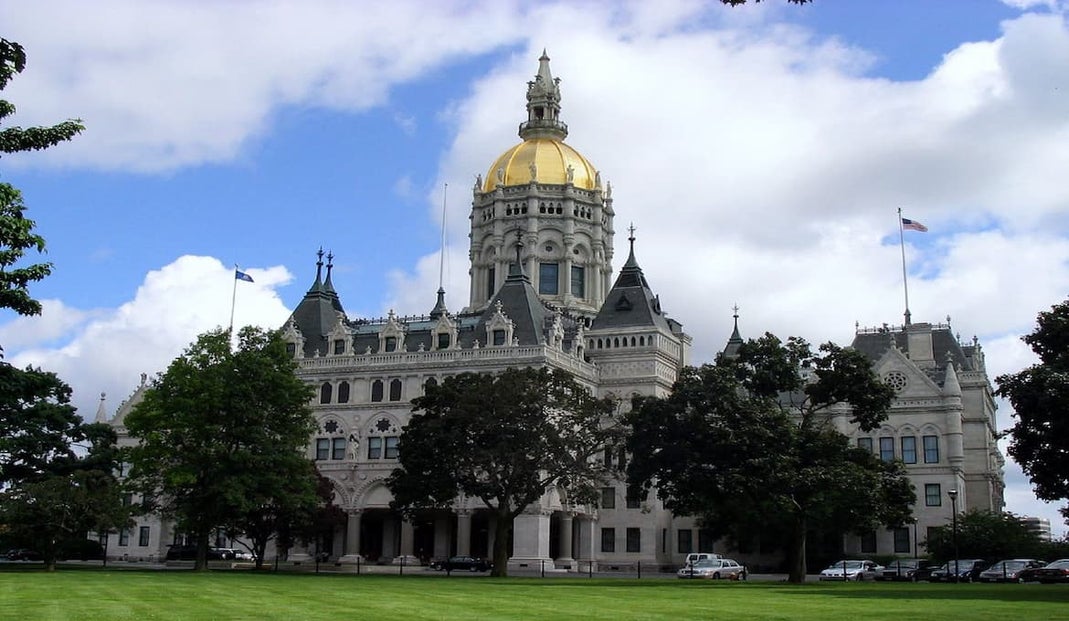Proponents Believe the Time is Right
Wisconsin has built a reputation for caution toward new industries, such as sports betting. However, some lawmakers believe that approach is costing the state a lot of money.
One reason proponents believe now is the time to legalize sports betting is the expansion across the US. Neighboring Illinois and Michigan both have thriving sports betting markets, luring bettors across the border to place wagers and visit casinos. The industry has also seen sports prediction markets become incredibly popular while avoiding being categorized as “gambling.” The state doesn’t see any tax revenue for wagers placed with these options.
Another reason involved the market to the state’s south. Illinois is locked in a battle with sports betting operators over rising tax rates, prompting several operators to consider investing in other Midwest markets. While Wisconsin has a smaller population, it remains a large market with a massive group of diehard sports fans.
SBA Involvement Could Hurt Effort
Representatives from the Sports Betting Alliance were given time to speak during the committee’s discussions this week. The group, which lobbies on behalf of commercial sportsbooks, spoke out against the bill over fears the tribes couldn’t handle the market on their own.
The SBA cautioned that the volume would overwhelm the tribes and result in a disappointing market that would hurt residents without generating much tax revenue.
The lobbying group’s words echo those of poker room operators in California who were attempting to carve out a piece of a potential sports betting market in the state. That argument blew up the relationship with tribal gaming groups, which is why the massive market hasn’t legalized any form of sports betting.
It appears the influential Potawatomi tribe has already taken offense to the SBAs' claims, which could ultimately hurt SB 592’s chances of becoming law.
Is the State’s Strategy to Legalize Sports Betting a Mistake?
Wisconsin is one of the states looking to follow Florida’s lead. The state faced years of legal battles over its gaming compact, which established that online sports betting occurs at the host server's location, not where the bettor is located. This allows expansion under IGRA, eliminating the need for a public vote or a constitutional amendment.
While that strategy worked in Florida, the same argument is being adopted by prediction market operator Kalshi. They are attempting to fend off lawsuits from tribes by arguing that their servers aren’t located on tribal lands and therefore do not violate IGRA, despite customers using the platform when visiting.
If Wisconsin also confirms that online sports betting occurs at the server's location, it could strengthen Kalshi's and other prediction market operators' legal fight.





